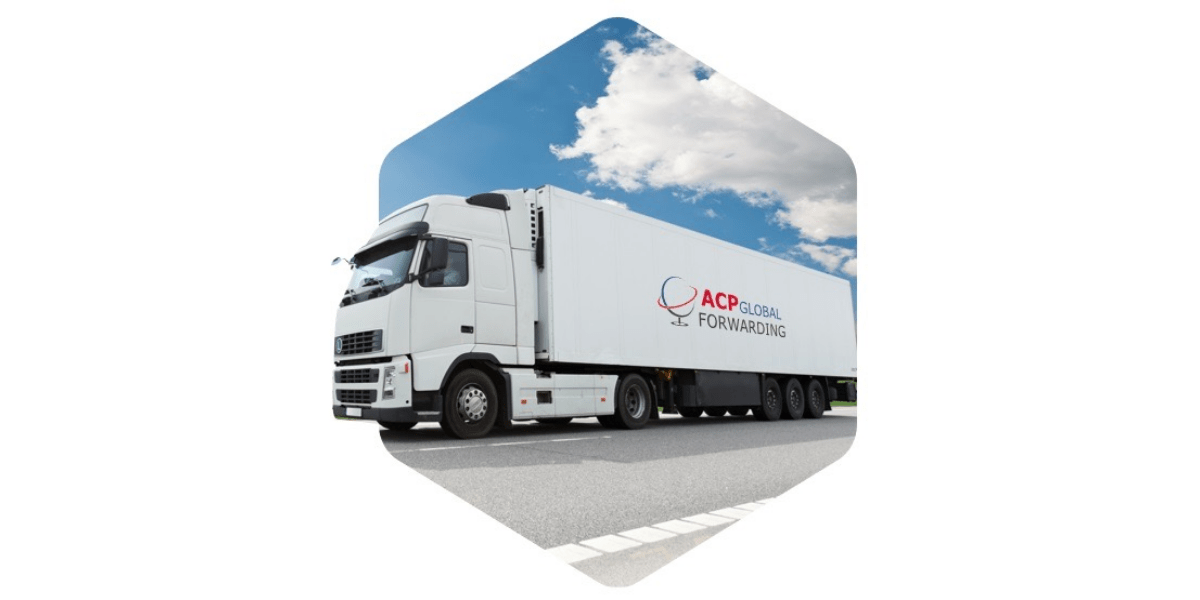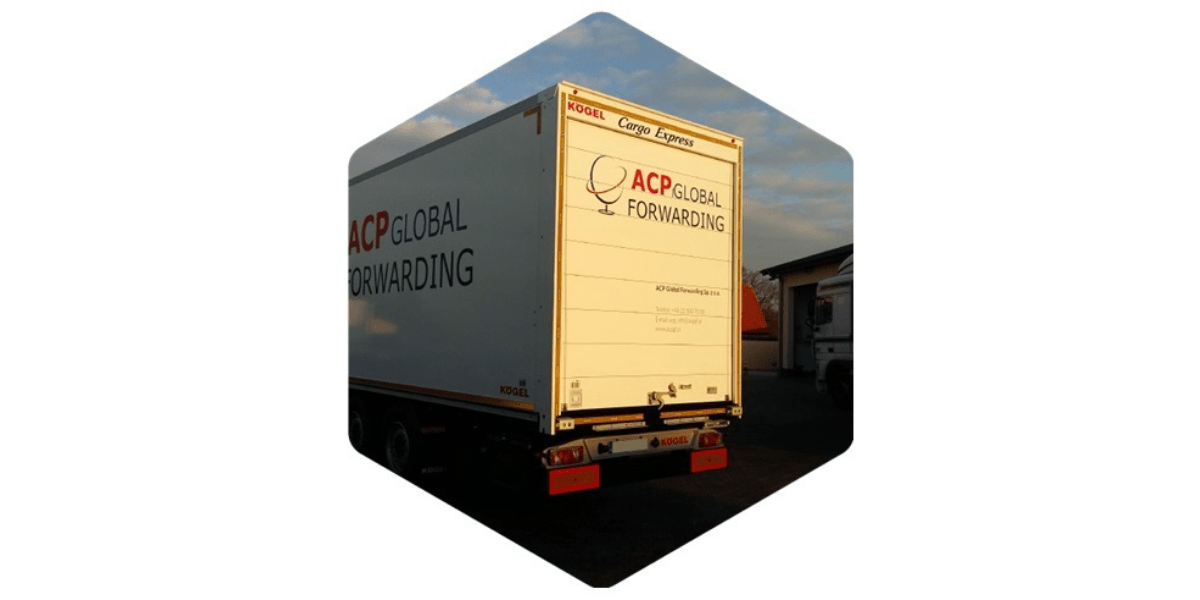Navigating post-Brexit e-commerce in the UK: how to operate on Amazon?
Written by
Editorial TeamPublished on
Discover how Brexit has reshaped e-commerce and learn how to navigate the complexities of selling on Amazon in the UK. This article explores the changes in trade rules, compares logistics models like FBA and FBM, and offers practical tips for overcoming customs and tax hurdles. Whether you’re new to the market or adapting to post-Brexit realities, this guide equips you to thrive in UK e-commerce. (Ad)

Commercial collaboration
With the United Kingdom’s exit from the European Union in January 2020, the rules on international trade have changed significantly. E-Commerce sellers, including those operating on the most popular British sales platform – Amazon – had to adapt to the new reality. This article presents what e-Commerce sales looked like before Brexit, what has changed since its introduction, and how sellers can optimally operate on Amazon using the available logistics models.

Selling online before Brexit
Before Brexit, e-Commerce trade between Poland and the United Kingdom proceeded without major barriers. For sellers operating on Amazon, shipping goods was simple and did not require complicated customs formalities. The products were delivered to the UK market smoothly, with the only challenges being operational issues related to the storage and distribution itself. Sellers were able to use Amazon’s European warehouse centers without any problems, without having to engage in additional import procedures.

What has changed after Brexit?
After Brexit, retailers face new challenges. The United Kingdom has ceased to be part of the single market and customs union, which means the introduction of additional trade barriers, such as customs duties, customs clearance, or formalities related to VAT. Merchants who have not adapted to these changes may face delays in deliveries, issues with customs clearance, and increased operating costs.
For sellers operating on Amazon, it has become necessary to choose an appropriate logistics model that takes into account the changed terms of delivery to the UK, such as customs procedures, tax requirements and new obligations towards UK customers.
Logistics models on Amazon: FBA and FBM
E-Commerce sellers can choose from two basic logistics models on Amazon: FBA (Fulfillment by Amazon) and FBM (Fulfillment by Merchant). Each of these models comes with different operational requirements, but also benefits.
a. Fulfillment by Amazon (FBA)
FBA is a model in which the seller sends their products to Amazon’s distribution centers, and all logistics and delivery to end customers is on the platform’s side. For sellers who choose FBA, it’s a simpler solution that eliminates the need to manage the complicated process of parcel delivery and handling returns. Amazon takes care of all distribution, but this requires close cooperation with a logistics partner who can deliver pallets to Amazon’s warehouses in specific time windows and handle delivery notifications f.ex. ACP Global Forwarding Sp. z o.o. which has experience in organizing this type of delivery to the British market, helping sellers to efficiently handle formalities and meet Amazon’s requirements. Choosing FBA also means distribution costs on Amazon’s side, which must be included in the seller’s budget.
b. Fulfillment by Merchant (FBM)
FBM is a model in which the seller independently takes care of the entire logistics of deliveries to end customers. In this case, the seller is responsible for packing and shipping orders directly to customers’ doors. The FBM model can be faster because it doesn’t require products to be delivered to Amazon’s warehouses, but it does require working with global courier companies like DPD that can make deliveries efficiently.
In the FBM model, the seller also has to manage returns on their own, which can be a challenge, especially with a large number of orders. In this regard, we can support sellers by offering cooperation with our partner who deals with professional returns handling.
Requirements for the importer
After Brexit, sellers must adapt to the new customs and tax requirements. To legally import products into the UK, you need a UK VAT number and an EORI (Economic Operators Registration and Identification) number. Customs clearance must be carried out on a single entity, which means that sellers must be ready to be fully compliant with UK regulations.
With a logistic partner like ACP Global Forwarding Sp. z o.o. sellers can get much needed support in formalities related to obtaining appropriate identification numbers, as well as in customs clearance. With such logistics solutions, retailers can benefit from facilities that allow them to quickly and efficiently bring goods to the UK market.
In addition, the clients are encouraged to take advantage of tax simplifications such as:
– PVA (Postponed VAT Accounting) which allows one to defer VAT payments on imports, which significantly improves the financial liquidity of sellers.
– Deferment Account which allows a retailer to defer the payment of customs duties, allowing for more flexible cost management.
Conclusion
Selling online to the UK after Brexit is not as difficult as one might think. By working with an experienced logistics partner like, for example, ACP Global Forwarding Sp. z o.o., sellers can successfully grow their business on Amazon and deliver their products to UK customers seamlessly.
***


